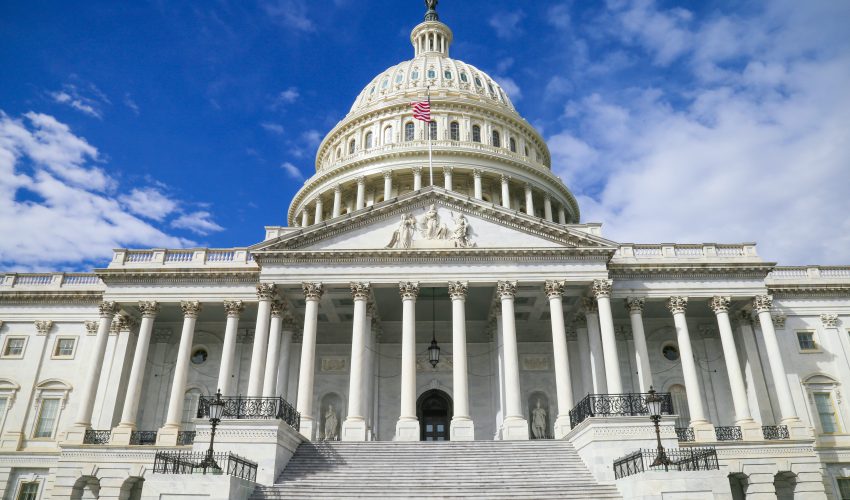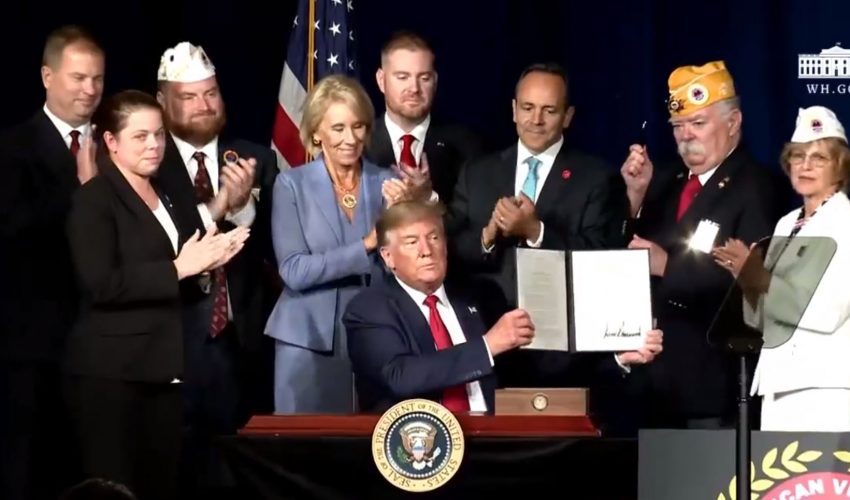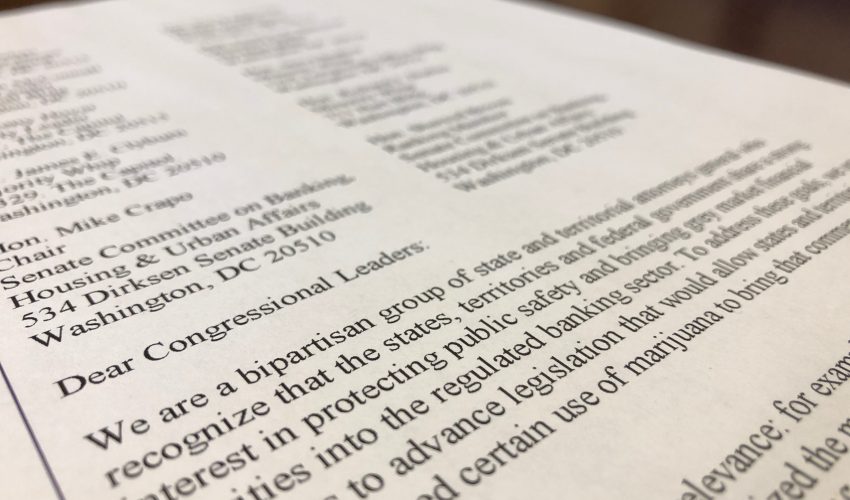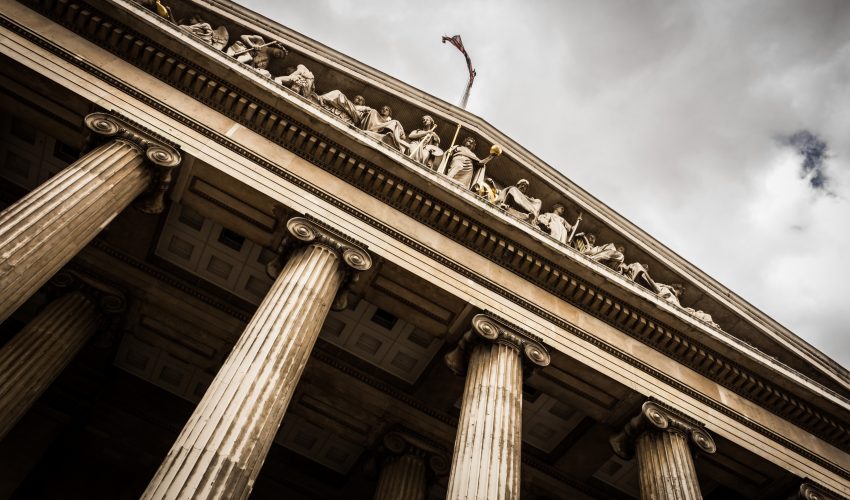FOR IMMEDIATE RELEASE
May 14, 2020
COVID-19 Liability Protections: Attorney General Reyes and 20 Other State Attorneys General Ask Congress to Help Stop Frivolous Lawsuits
SALT LAKE CITY –Utah Attorney General Sean D. Reyes has joined a 21-state coalition in urging Congress to protect businesses who provide much-needed goods and services from frivolous lawsuits specific to COVID-related litigation. In the wake of this unprecedented crisis, the extension of appropriate post-pandemic liability protections is needed at both the state and federal levels for businesses, manufacturers of personal protective equipment, first responders, healthcare workers, healthcare facilities and members of law enforcement, among others.
The letter also underscores the need to ensure that victims are able to seek legal redress and compensation where appropriate.
In the letter, the attorneys general wrote:
“Civil liability protections should not, however, be extended to businesses engaging in willful misconduct, reckless infliction of harm or intentional infliction of harm We believe criminal penalties, regulatory fines and agency oversight should be able to capture bad actors and civil lawsuits should be available for any citizens hurt by a business or individual acting with disregard for safety during the COVID-19 pandemic.”
Attorney General Reyes said, “Right now, as our economies reopen, we need a stable, predictable legal environment more than ever. Our economy will only recover if customers and employees have the confidence to return to the marketplace.
“At the same time, we must ensure people don’t try to take advantage of this crisis by stifling the economy with a glut of plaintiffs cases targeting well-intentioned businesses for taking reasonable pandemic measures.
“My colleagues and I feel this nation needs a common sense framework to ensure our states have a legal and regulatory environment that balances protecting consumers while allowing free enterprise to thrive.
“Certainly, there must be some redress for wrongs suffered. But not every injury has a remedy in the courts. And opportunistic, aggressive plaintiff lawsuits that rely less on facts or the law than on the burden of defending litigation will impede economic recovery and end up hurting long term the very class of plaintiffs they are purporting to help.
“Thus, we call on Congress to ensure businesses have clearly defined expectations for the safe and appropriate continuance of operations while being protected from devastating civil liability litigation concerning baseless COVID-related claims.”
States across the country have recognized the need for timely, targeted and tailored civil liability protections in light of the pandemic. To date, over 20 states have enacted liability protections for first responders and healthcare workers.
The following states’ attorneys general signed onto the letter: Alabama, Alaska, Arkansas, Florida, Georgia, Idaho, Indiana, Kansas, Kentucky, Louisiana, Mississippi, Missouri, Nebraska, North Dakota, Ohio, South Carolina, South Dakota, Tennessee, Texas and West Virginia.
Read a copy of the letter here.









